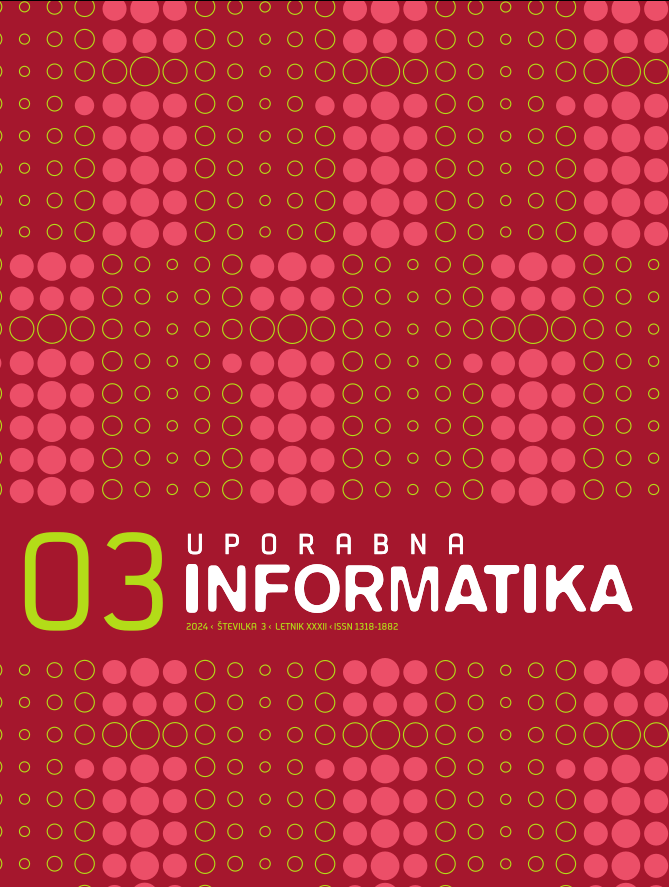Usage of data spaces in the example of data exchange between the Municipality of Celje and the Open Data Portal of Slovenia
DOI:
https://doi.org/10.31449/upinf.236Keywords:
IDS standard, data spaces, data sovereignty, secure data exchangeAbstract
Data spaces represent an innovative solution for secure, decentralized, and sovereign data exchange among organizations. A key advantage is the control data owners have over access and sharing conditions, reducing the risk of cyber-attacks and data misuse. The introduction of standards like IDS enables uniform and reliable data exchange across various sectors, such as healthcare, industry, and public administration. European initiatives, such as GAIA-X and the European Data Strategy, support the establishment of a unified data market. A practical implementation example between the Municipality of Celje and the Open Data Portal of Slovenia demonstrates improved efficiency of public services and data security. Data spaces thus constitute a crucial element of digital transformation, promoting innovation, growth, and sustainable development with an emphasis on data security and sovereignty.






